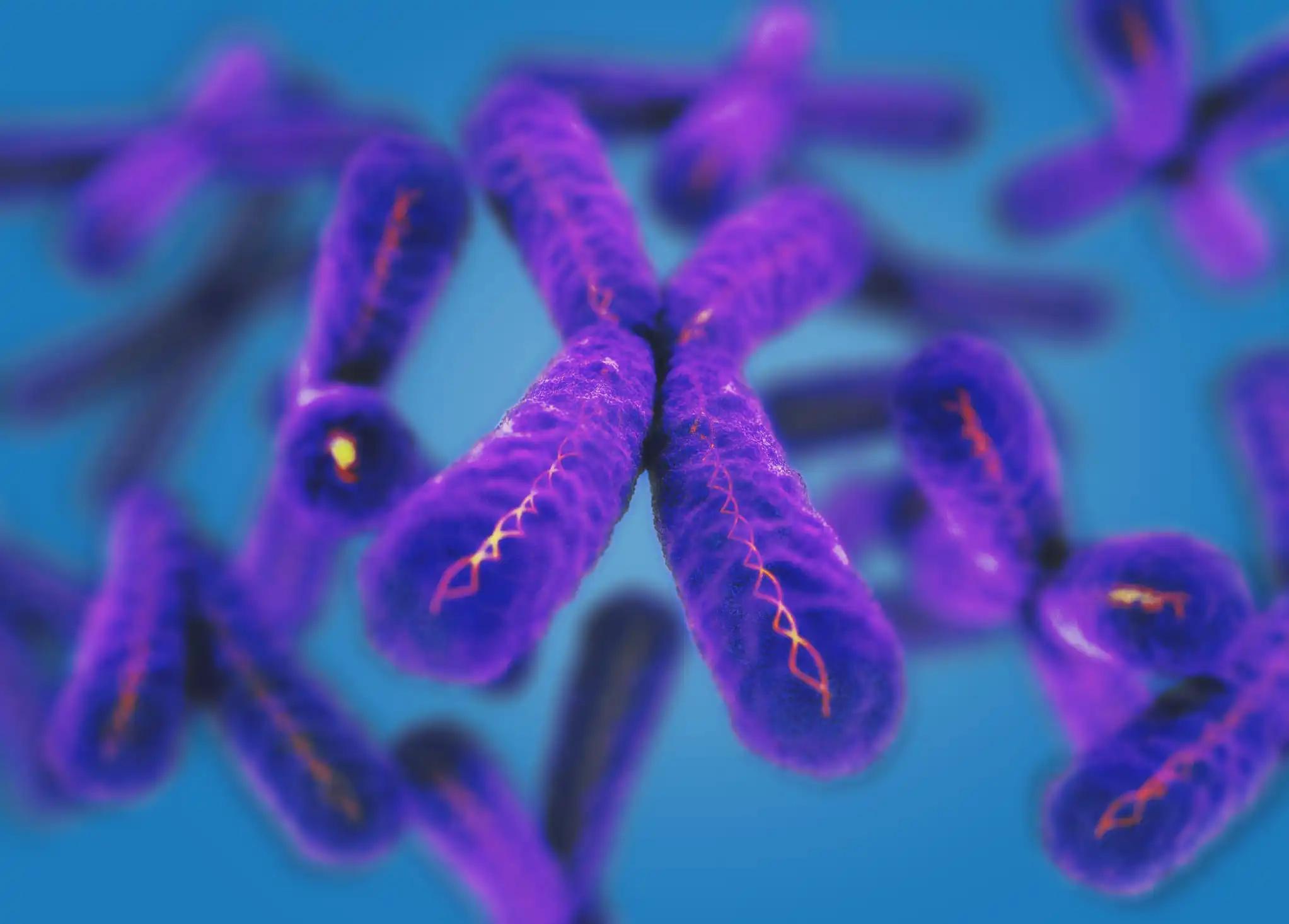KEY TAKEAWAYS
- An observational study aimed to assess the impact of ICB exposure on fertility outcomes.
- The study surveyed pts who received ICB therapy at MSK to assess fertility outcomes.
- The study found some pts conceived after ICB therapy, but most did not receive fertility counseling.
The increasing use of Immune checkpoint blockade (ICB) therapy has led to growing concerns about its potential impact on fertility. Researchers aimed to assess the impact of ICB exposure on fertility outcomes.
The study screened 537 patients (pts) under 45 who had received ICB at MSK and consented to the MSK-IMPACT protocol. Excluding those with prior chemotherapy or specific inhibitors, they surveyed 96 eligible pts, with 65% follow-up via phone.
About 96 pts surveyed, 50 responded, with a gender ratio of 27 males to 23 females; 5 pts were excluded from the final analysis because they had used additional systemic agents before conception. The median age at exposure to ICB was 35 years, ranging from 19 to 44 years. Among these pts, 53% (25/45) received ICB in the metastatic setting, and 40% (17/42) received fertility counseling before ICB use. There was no statistically significant difference in the rates of fertility counseling between metastatic and non-metastatic settings (P= 0.1), with 7 pts (14%) successfully conceived, while two (4%) currently attempt to conceive children following ICB treatment.
About 4 pts (3 females,1 male) used reproductive technology to have children, 3 successfully conceived using frozen sperm or embryos before undergoing ICB and IVF, and 2 ongoing pregnancies. Another patient froze embryos six months after receiving 2 years of PD1 inhibitor (PD1i) monotherapy and had a successful ongoing pregnancy through embryo implantation. This patient developed hypothyroidism due to ICB use but managed it with levothyroxine, and her thyroid levels have been stable during pregnancy. 3 pts (2 females,1 male) who received single-agent PD1i treatment in a localized setting could conceive naturally at different intervals after ICB treatment (2 years, 9 months, and 2 months).
About 4 out of 8 pregnancies are ongoing, no immunological complications have been reported, and 3 deliveries have resulted in 4 children ( including 1 set of twins). One of these pts experienced a first-trimester miscarriage with an unclear cause but subsequently had a successful pregnancy complicated by gestational diabetes. The first pregnancies occurred on average one year after ICB treatment, with a range of 2 to 24 months, and no autoimmune conditions were reported in the offspring.
The study found some pts conceived after ICB therapy, but most did not receive fertility counseling.
Source: https://ascopubs.org/doi/abs/10.1200/JCO.2023.41.16_suppl.12014
Clinical Trial: https://clinicaltrials.gov/study/NCT01775072
Martinique Ogle, Emily Harrold, Erin O’Brien, Jill A. Weiss, Amin Yaqubie, Jenna Cohen Sinopoli, Michael A. Postow, and Andrea Cercek. DOI: 10.1200/JCO.2023.41.16_suppl.12014 Journal of Clinical Oncology 41, no. 16_suppl (June 01, 2023) 12014-12014.



